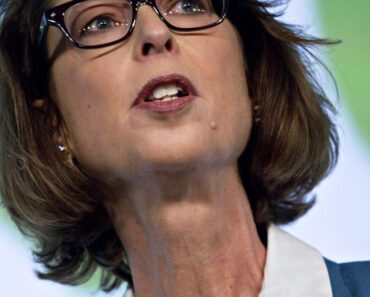This post was originally published on this site
https://fortune.com/img-assets/wp-content/uploads/2024/04/GettyImages-1676721408-e1713375612507.jpg?w=2048
United Airlines posted a $124 million net loss in the first quarter due entirely to the grounding of the Boeing MAX 9 fleet after a door blew off a plane in January.
The loss, while substantial, was smaller than Wall Street had expected, and United’s stock soared on Wednesday, rising 13% in midday trading.
“If the Boeing MAX 9 hadn’t been grounded, we would have been profitable,” CEO Scott Kirby told investors on a call Wednesday. CFO Mike Leskinen echoed this sentiment, touting the carrier’s “strong results in our seasonally weakest quarter.” Changes to flight schedules resulted in more capacity and higher profit margins for early and late flights, United president Brett Hart said. Domestic per-mile revenue grew 6.1% in the quarter.
United’s call came the same day a Senate committee called upon Boeing engineers to testify about the aircraft maker’s apparent lack of concern for safety.
Boeing’s temporary grounding—and now a Federal Aviation Administration review of United’s safety practices—has dramatically slowed deliveries of aircraft, which is taking a toll on the airline. The carrier now expects only 61 narrowbody planes to be delivered this year, one-third of the number it was planning on. It has so few airplanes, compared to pilots, that it recently asked pilots to volunteer for unpaid time off work, potentially lasting months.
The delivery timeline threatens United’s ambitious plans to update its fleet. The strategy, dubbed United Next, initially involved accepting more than 700 new narrow and widebody aircraft by the end of 2033.
“We welcome the FAA engagement, and we are embracing this review as an opportunity to take our safety culture standards to an even higher level,” Kirby said on the call.





